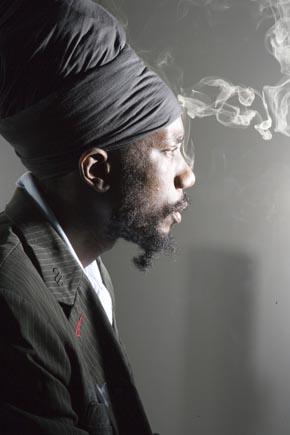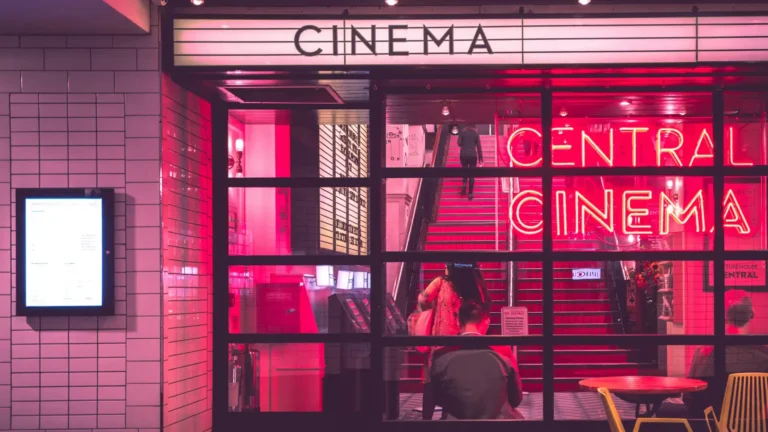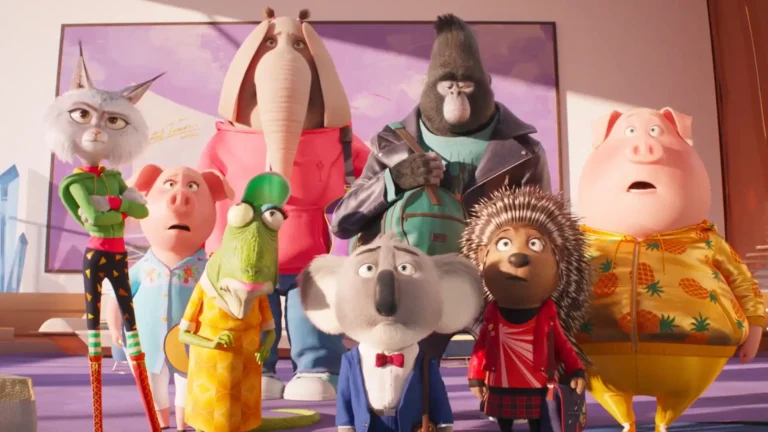 Born Miguel Collins and raised in the ghetto community of August Town, St Mary, Jamaica to Rastafarian parents, the now 33-year-old man better known by his stage name Sizzla, is a prime example that anything is possible so long as you put your mind to it. Having experienced extreme hardship throughout his younger years, Sizzla is one of the most prolific leaders of the conscious reggae/dancehall movement to date. Flavour caught up with the laid back reggae legend for an talk in anticipation of his forthcoming album release, Ghetto Youth-ology.
Born Miguel Collins and raised in the ghetto community of August Town, St Mary, Jamaica to Rastafarian parents, the now 33-year-old man better known by his stage name Sizzla, is a prime example that anything is possible so long as you put your mind to it. Having experienced extreme hardship throughout his younger years, Sizzla is one of the most prolific leaders of the conscious reggae/dancehall movement to date. Flavour caught up with the laid back reggae legend for an talk in anticipation of his forthcoming album release, Ghetto Youth-ology.
How did the stage name Sizzla Kalonji come about?
That name come about based upon the attitudes people have of youths growing up in the ghetto. The youth get a feel for music, the energy, the fire, and they just want to express themselves and feel that vibe. [Jamstyle producer and mentor] Mr. Harris called me Sizzla – he thought I was just too hot!
What types of things did you experience as a young child growing up in the ghetto?
I saw my friends being killed, people suffering, people dying, people catching diseases, poverty, political warfare, and parents who can’t find food for their kids.
How did you succeed in your pursuit of your music career?
Through perseverance – you’ve got to be educated about what you want to do, about where you’re going, and about the music in general. So I really studied the music industry. I knew early on that music was where I wanted to push my energy, so I started to go to live sound systems and working night and day in different communities and from there it just propelled me forwards to where I am today.
Now that you are in a position to do so, in what ways do you give back to your community?
I organise concerts and help out the local school by paying the school fees, electricity bills and water bills. We have community projects to help educate people and we belong to institutions who come together and try to come up with solutions to their problems.
What can fans expect from your forthcoming album?
More righteousness, more love, more life, more vibes, more Rastaman inspiration, more nice lyrics, more melody and a beautiful album to comfort the soul and help you see through the problems of today. Rastafari! More love!
Why Ghetto Youth-ology?
This album is for the youths to give them strength, to let them know that education is the key, to clear up all the corruption and to look to the future and to tell them to keep their heads high and just praise the almighty and believe in yourself and know that you can make it.
Your current single, Black Man In The White House is about President Barack Obama. Do you believe that Obama will be able to solve the problems that deprived youths face?
The problems people face were present way before Obama, but we just hope and pray that someone with a good heart has the people’s best interests in mind, and knows that the family is the basic unit of society and so you’ve got to keep the family together. We just hope and pray that Obama can be an inspiration to the youth and try to make things a little better for them.
What key messages do you have to share with people?
To love and help one another, live good, share and be kind. Love is the only thing, there is nothing else Rastafari! Continue in education, educate yourself, educate your family, and help others. That is Reggae, that is Rastafari, that is our culture, that’s our life, that’s the way we life, and we bring it all out in the music.
Why do you think you are still a top artist in the reggae scene?
Because I think I’m uplifting the spirits of people and enlightening the youth of the world. People want you to keep providing them with righteousness, and this is what I do so this is why I think the people continue to like my music.
Ghetto Youth-ology will be in stores nationwide on April 21 – www.myspace.com/sizzlakalonji
Words by Susanne Singh




Sizzla – is the Don, you know he don’t play when it comes to speaking his mind… something a lot of musicians these days are scared of doing.
That is soo so true – but the industry makes it hard for new musicians to speak there mind and sing what they really would like to sing, most artists these days a manufactured products of their record labels and end of being totally different from the vision they had in mind when they first started.
But can you blame them? we all have to eat – don’t we??
I totally I agree with both of you – on one hand you want to be yourself and promote your music, but on the other hand if you don’t have a record deal, or you do have a record deal and they want you to be a certain way, then you have to go with your contract…
Yeah for real – its hard to have both, especially when you first stat out in the music business
I agree with you too…